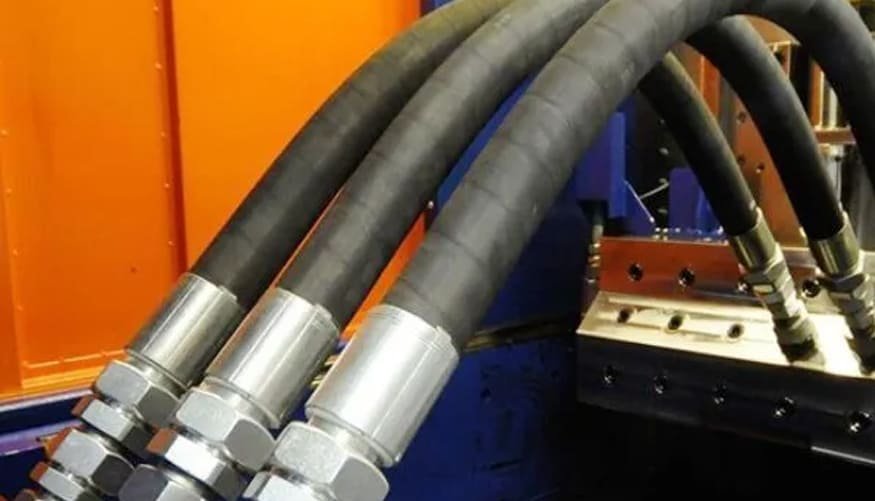When it comes to selecting a new heater hose, silicone is the material to choose. Silicone hoses are known for their heat resistance and durability, making them superior to other materials like rubber. Make sure to look for tubi in silicone personalizzati that are reinforced with wire mesh for added strength. Rubber hoses are also a critical component of any vehicle’s engine system. Choosing the correct rubber hose from a silicone hose manufacturer is crucial to keep your car running smoothly and reliably.
Learn More About Silicone Hoses
Silicone hoses are commonly used in automotive and industrial applications for coolant circulation. These hoses offer several advantages over traditional rubber hoses, including better heat resistance, maggiore durata, e una migliore flessibilità. It is essential to select the right diameter and length of hose for the application to ensure proper coolant flow. Some silicone hoses can also be reinforced with fabric or wire to increase their strength and prevent collapse under vacuum.
Main Types of Rubber Hoses for Sale
Tubo flessibile del carburante in gomma: Fuel hoses are designed to carry gasoline or diesel from the fuel tank to the engine. They are typically made of reinforced rubber or braided nylon to resist the corrosive effects of fuel.
Heater Rubber Hose: Heater hoses made of rubber materials carry hot coolant from the engine to the heater core, which heats the interior of the vehicle. They are usually made of reinforced rubber or silicone and are resistant to high temperatures.
Rubber Vacuum Hoses: Vacuum rubber hoses control various enginecomponents such as brake boosters, PCV valves, e sistemi di controllo delle emissioni. They are usually made of reinforced rubber or silicone and are resistant to heat and pressure.
Differences Between Silicone Hoses & Tubi di gomma
Resistenza alla temperatura: Silicone hoses have a higher temperature resistance compared to rubber hoses. Custom silicone hoses can withstand higher temperatures up to 350°F (177°C) and can operate in a wider range of temperatures than rubber hoses.
Materiale: The main difference between silicone hoses and rubber hoses is the material they are made of. Silicone hoses are made of silicone, while rubber hoses are made of rubber.
Resistenza chimica: Custom silicone hoses have better chemical resistance than rubber hoses for sale. Silicone is less likely to break down or become damaged when exposed to chemicals, oli, or fuels.




